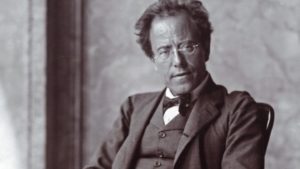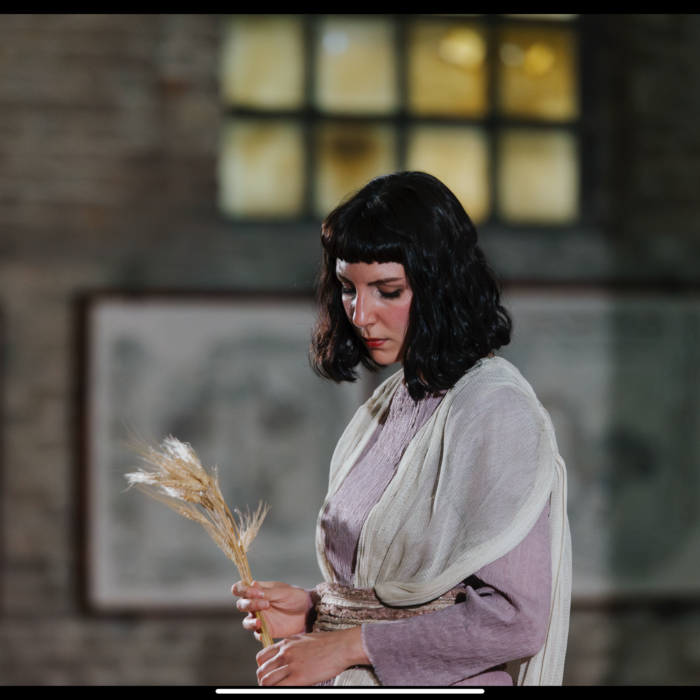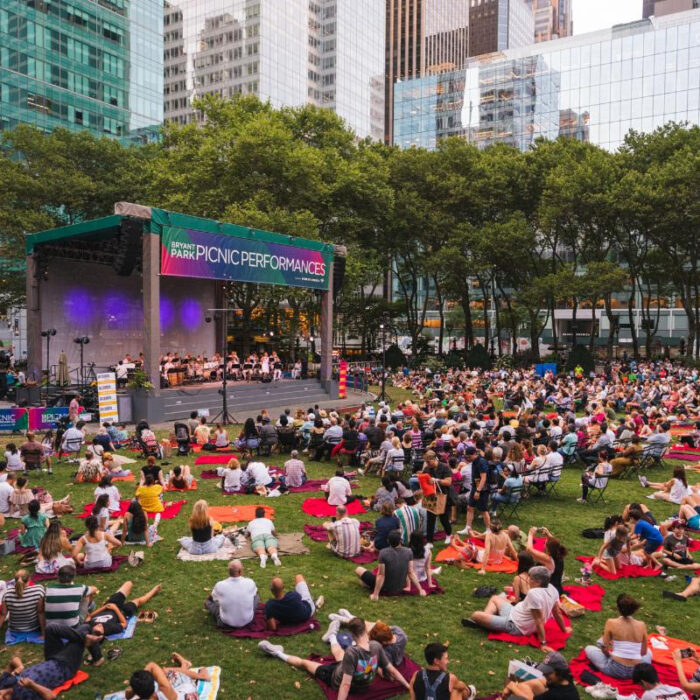
The Bard Conservatory Orchestra 2018-19 Review: Mahler Symphony No. 3
Leon Botstein Leads Powerful Performance Of Challenging Mahler Symphony
By Matt CostelloI will admit that I came to my appreciation of Mahler’s Symphony No 3 later than the rest of his masterpieces.
And attending the recent, dynamic performance mounted by conductor Leon Botstein, leading The Bard College Conservatory Orchestra with the addition of the college’s Chamber Singers, Festival Chorale, and a ‘Preparatory’ Chorus, I understood why that was.
Mind you, right now the Third is perhaps one of my favorites of the Mahler works, but much like his 6th, it is a daunting work.
A Daunting Work
First, there is that – literally — mammoth opening movement, running easily to 35 minutes. And I can’t deny there can be a grimness to that opening, with the relentless snarl and whip of the brass, as Mahler seems to struggle to wrench hope and lightness from what seems very dark and forbidding indeed.
But then, and this was especially summoned by Botstein’s precise conducting and the enthusiasm of the young orchestra, Mahler does draw out of that darkness with sweet foreshadowing.
And the conservatory orchestra under Botstein was spot on in managing the challenges Mahler threw their way.
This was most notable in the sheen with which the violins, led by concertmaster Alex van der Veen, performed. The violins played with the requisite suppleness, so needed to answer the powerful brightness of the horns. The warmth of the violins was echoed by the other strings, all beautifully in sync with each other and the conductor.
Special note should of the many points where Mahler has a lone trumpet (as in the third movement) or woodwinds exposed. Such moments might seem intimidating on a sheer performance level, but under Botstein, the audience could simply enjoy the terrific, secure playing.
A Sure Path
There is the chorale element, something that is key to this work. After the lightness of the second and third movements, the chorus — women, children arrive. Joined by a mezzo-soprano soloist, they will finally steer this symphony on a sure course to where, I am sure, Mahler always knew it would end.
Mezzo-soprano Eve Gigliotti’s deep and warm singing in the fourth movement, urging ‘O Man…take care’…comes with a near-Cassandra feel, as if from the primal starkness of the opening, we now – tentatively – embrace the lightness of humanity, to a beauty that can still be fragile.
As usual, the Sosnoff Theatre at Bard proved to be one of the region’s great acoustical wonders (in my experience) in showcasing a vocal performer.
With the words of Nietzsche preaching both concern and hope, Gigliotti beautifully signaled that this Mahlerian journey was about to find its true direction. And with the chorus entering — no men’s voices but with a gleeful singing of the children, their bell-like chants joining the women, — we are, with the addition of the Mezzo-soprano – now pointed in the direction of joy.
Needless to say, once again the chorale forces under James Bagwell were perfect in summoning the simplicity and the clarity of the fifth movement, with its text from “Des Knaben Wunderhorn.”
The Powerful Ending
But the fact that these chorale movements came, not in the finale, but earlier in the piece, once seemed to me to be a step back from the power Mahler unleashed in his dramatic Second Symphony.
Yet, with repeated hearing, over the years, the epic journey of the piece, and Mahler’s as well — who went through a string of changing programmatic titles for the sections, before banishing all programmatic references completely — had to result in this magnificent orchestral finale, no choral fireworks needed.
That finale was a powerful answer to that opening, to the roots of the dark work.
And so, after the chorus and soloist had left the stage, it is Mahler’s orchestra alone who answers all – the rumblings of the opening, the warnings of the text, and the hints of beauty and joy, culminating in this last, overwhelming movement.
For any orchestra attempting this work, it is here that all the challenges of the piece must converge — and be met. To slowly build, and swell, the music soaring, almost defiantly beautiful.
Having seen Leon Botstein conduct many times, I knew that – young or not – the massed forces of Bard would be led so ably, so precisely. And when the movement ended, I did a quick look around at people’s faces, to see the effect of this work, to what we had just heard.
Mahler was right. No programmatic words were needed, each person’s emotional responses providing all the “textual” guidance needed.
Doubtless, the students — a good number graduating this year for the Conservatory, their musical life just beginning — will undoubtedly go onto other Mahler 3rd performances.
But I imagine they – like many in that audience – will not forget this one.


